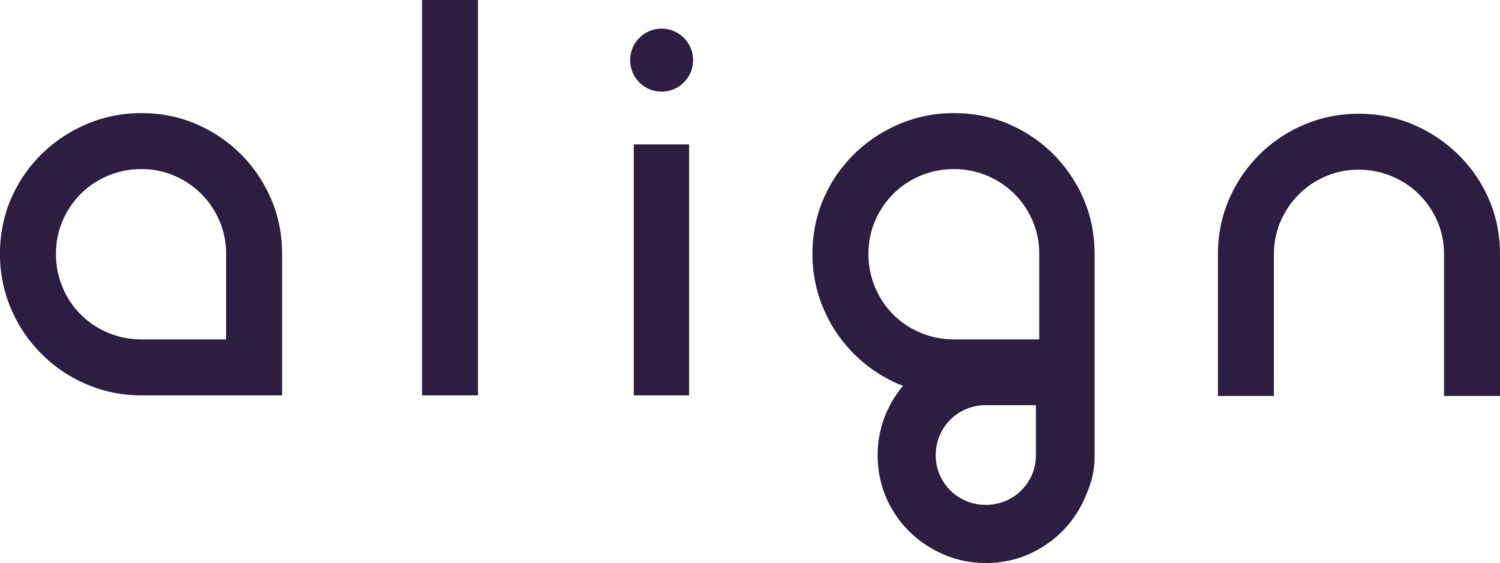Building the skill of work
Do you ever get the feeling that you just fall into your workday? Monday starts off with big intentions of being organized, prioritizing, setting aside time for the big things to get done. By that afternoon you’ve had 3 or 4 unexpected meetings and calls pop up. You’re now behind by 2 or 3 things. By Thursday you’ve put out the fires but you haven’t really touched the big item on your list with any of the meaningful, concentrated time you intended at the start of the week.
Now multiply that feeling times the number of people in your organization. You begin to see the magnitude of the problem. It’s a bit of a mess out there.
Even though we didn’t get our most meaningful work done, we were actually “very busy,” so that makes us feel important and productive.
One big goal for our internal team is to think about work in terms of intentional peak performance sessions or episodes designed to get us into a flow state. What would it look like if you could rewrite that scenario above and deliberately create just one, perfect work session during your week to knock out the most important task on your list?
I’ll use one of my own work sessions as an example.
Task: Create a channel partnership outline. This is a task that requires careful thought and writing. The “work mode” (or frame of mind) that I need to enter in order to complete this task is Production mode.
My personal preferences for Production mode:
Environment: a busy coffee shop with headphones on
Time of day: 7 am or 4 pm
Energy: high energy and caffeinated
Focus: Highly focused, no distractions/notifications
Looks simple when you write it out like that, but with all the other stuff swirling around in our world, it’s actually pretty difficult to do. Identifying your ideal work preferences is a series of revelations — you only need to do it once or twice to recognize the patterns — but consistently committing and following through on those ideal work sessions is a skill. It requires rigor, planning, practice, and repetition.
Now, imagine the impact on an organization if some percentage of their workforce were to start practicing this skill on a regular basis. What if the organization were to start applying some of these preferences into the design of their overall work experience and office environment. Even with people remaining WFH, we believe that this behavioral shift in the approach to work— toward focus and intention and away from ‘busy’— has massive implications.
I’d love to hear about one of your perfect work sessions. Have you taken time to think about when, where, and how you do your best work? Shoot me an email with yours.
Maybe even try it with your team, you might be surprised by what you learn.
What’s working in the news:
Hopewell's Blog — 4 Tips for Achieving Flow in Your Work Read more about “flow” and how to get there in this article, pulled from an interview with our friend Ryan Frederick who (literally) wrote the book on flow. You can also download our team’s internal work episode tracking sheet to start figuring out your own preferences.
TED Ideas — The Key to Tapping Into Productivity is Your Flow State. Here’s HowA nice summary about flow state and a great video with musician Diane Allen.
CivicScience — Most Americans ‘Unplug’ Every Day to Just Catch a Break Some good data on how badly we all need to unplug from the ENORMOUS onslaught of notifications and distractions. This constant stimulation is definitely not a natural human state.
ThinkLab— The Pandemic-Driven Workplaces Shifts That are Here to Stay I guess none of us really know what’s here to stay, but a friend of mine shared this with me and it’s good to see how people are feeling. Tech is here to stay, in case you were wondering whether it was just a fad.
